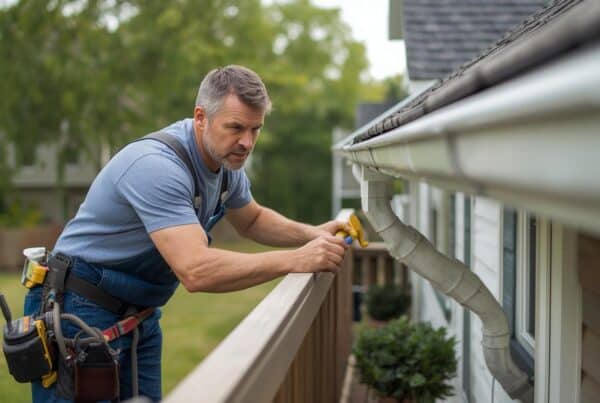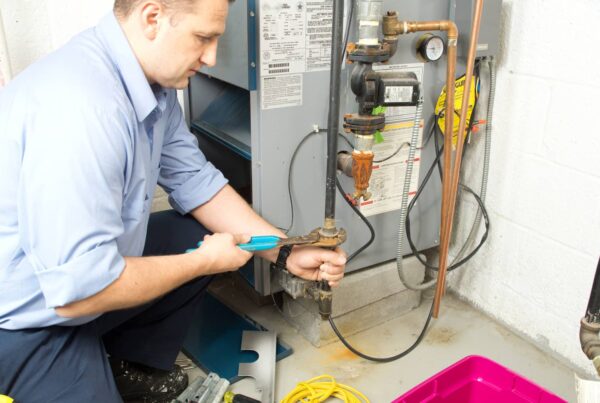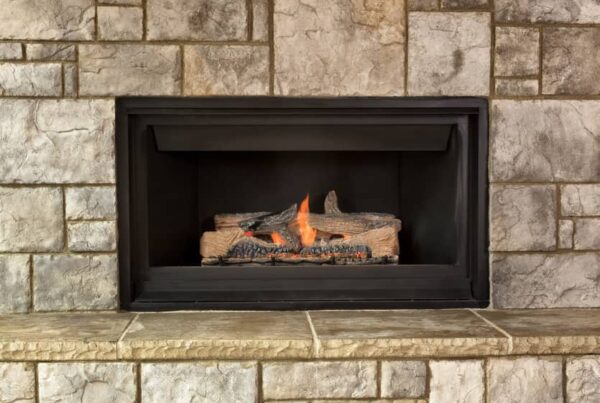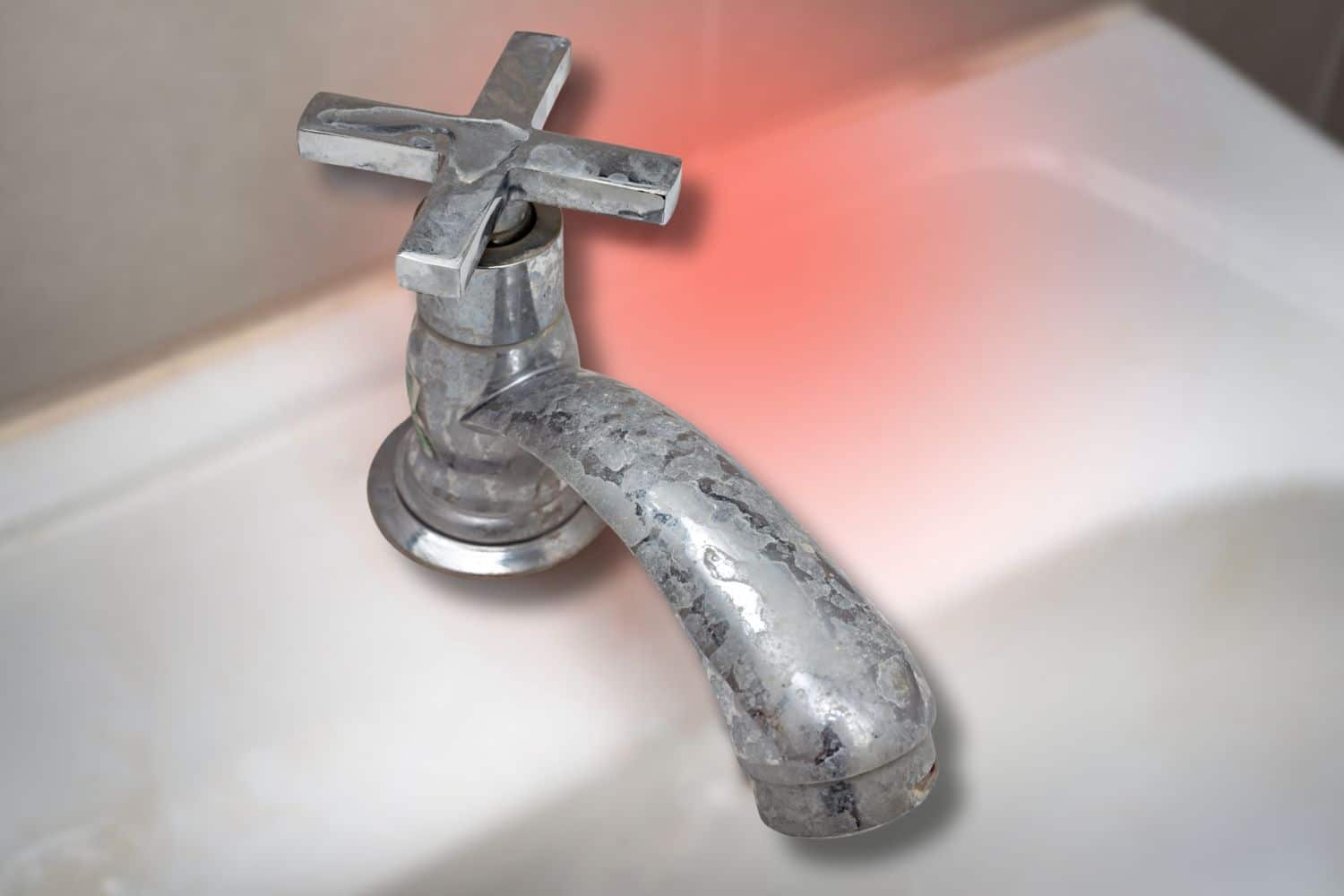
If you have white streaks on your shower door or crusty rings around your faucets, you are probably dealing with hard water stains. They are easy to ignore. Most people just wipe them down, shrug, and move on.
But should you? In some cases, these stains are only a surface-level problem. In others, they are trying to tell you something about what is happening behind the scenes.
Here’s what we think you should know.
What Causes Hard Water Stains?
Hard water is water that contains a high amount of minerals, especially calcium and magnesium. When that water dries on a surface, the minerals are left behind.
Over time, those deposits build up into cloudy, chalky, or crusty stains. That hard water buildup can reduce appliance efficiency by up to 30%
In areas like Houston, hard water is common. You will often find these stains in areas with frequent water use or moisture:
- Shower doors
- Sink faucets
- Bathtubs
- Toilet bowls
- Tile and grout
- Inside dishwashers and washing machines
If you wipe the stain and it comes off easily, it is probably recent buildup. If it feels rough or crusty, it has likely been there for a while.
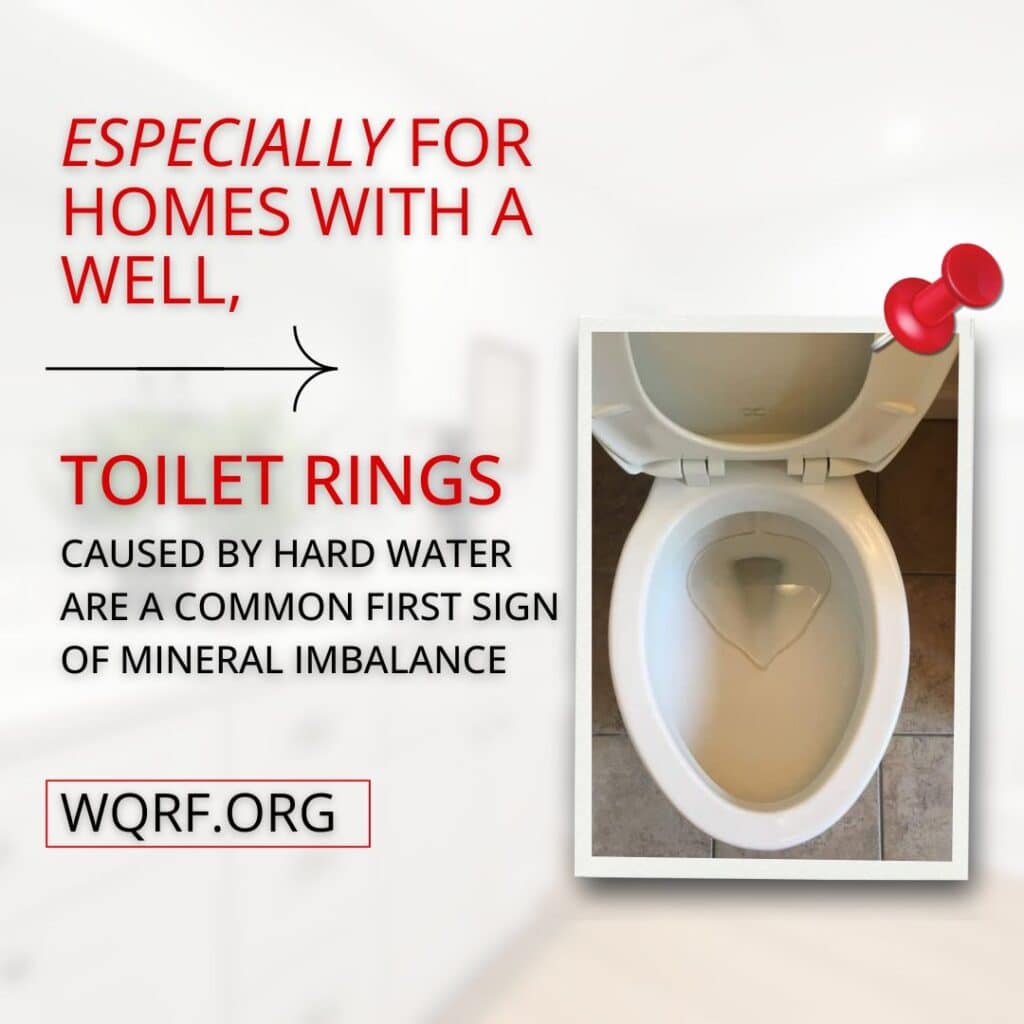
When a Stain Might Be More Than Just a Stain
Hard water stains on their own do not always mean something is wrong with your water supply. But in many cases, they are a clue.
Here are a few examples of what they might be telling you:
1. A slow leak nearby
Constant moisture around a faucet or pipe often causes buildup in that exact spot. If stains keep reappearing even after cleaning, there could be a drip you have not noticed.
2. Excess humidity or poor ventilation
Stains on bathroom surfaces that never seem to dry out may point to airflow problems. Lack of ventilation allows moisture to linger and minerals to settle.
3. Damaged or aging plumbing
Mineral deposits can collect inside pipes and fixtures, reducing water flow and damaging components over time. If your fixtures show heavy staining, the plumbing behind them could also be affected.
4. Water heater or appliance wear
Appliances that use water, like dishwashers and washing machines, can develop buildup on the inside. If you are seeing hard water stains around the appliance or its connections, it could be time to flush the system or inspect for scaling.
5. Water quality problems
In some cases, excessive stains can mean your water hardness level has increased. This could be from seasonal shifts, plumbing changes, or local supply issues.
What’s on the Radar During an Inspection
When we spot hard water stains during a home inspection, we do not just note the surface appearance. We ask questions like:
- Are there signs of corrosion on or around the fixtures?
- Is there visible mineral buildup at shutoff valves or pipe joints?
- Are appliances showing signs of restricted flow or early wear?
- Do any areas feel damp even when the surface looks dry?
- Is staining paired with slow drainage or poor water pressure?
These small details can point to larger plumbing or moisture issues. Catching them early helps prevent hidden damage, long-term leaks, or reduced efficiency from appliances.
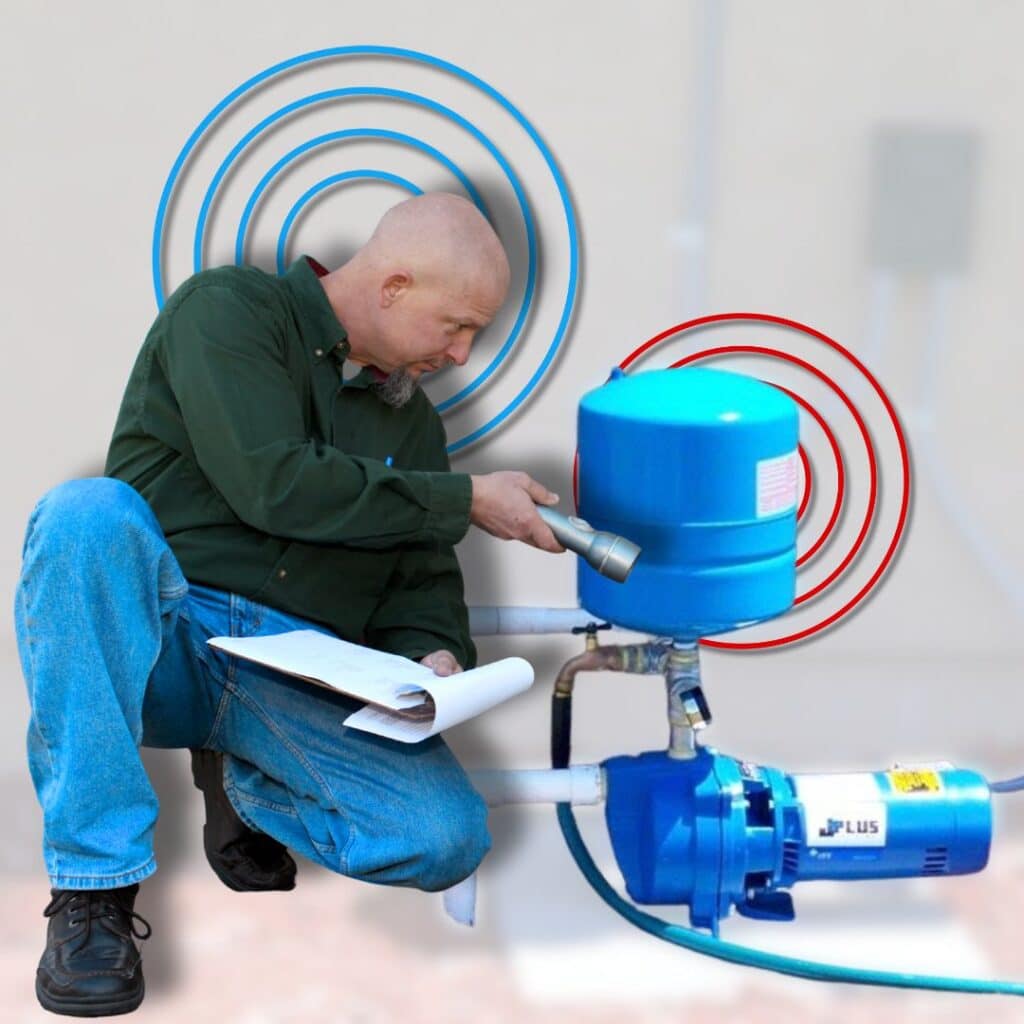
What Homeowners Can Do About It
If you are dealing with frequent or widespread hard water stains, there are a few things you can do on your own.
- Clean gently and regularly: Use soft cloths and cleaners like vinegar or baking soda. Avoid scrubbing with anything abrasive that could damage finishes.
- Dry surfaces after use: Wipe down sinks, showers, and fixtures after use. This limits how long minerals can sit and dry on the surface.
- Check for slow drips or leaks: A small, steady leak can lead to big buildup over time. Make sure to tighten fittings and replace worn washers as needed.
- Consider a water softener: For homes with very hard water, a softener can reduce mineral levels across your entire plumbing system. This helps prevent new stains and protects fixtures over time.
Related Questions About Hard Water Stains
Can hard water stains damage plumbing?
Yes. Mineral deposits can restrict flow, cause wear inside fixtures, and even shorten the life of water-based appliances.
Are hard water stains dangerous?
Not directly, but they can lead to corrosion or mold in areas that stay damp. They are often a sign that water is sitting where it should not be.
How do I know if my home has hard water?
Look for frequent spotting on dishes, scale around faucets, or soap that does not lather easily. You can also test your water or ask a plumber for help.
Do home inspectors always report on stains?
We do if the stains are excessive, paired with damage, or likely connected to leaks or moisture issues.
Can I clean hard water stains myself or do I need help?
You can handle most surface stains on your own. But if stains return quickly, spread across multiple areas, or appear with other plumbing symptoms, an inspection may be a smart next step.
When to Call a Professional
If you are cleaning stains but still noticing moisture, corrosion, or other signs of plumbing issues, it may be time for a closer look.
A professional inspection can help you figure out whether the problem is cosmetic or if it is hiding a leak, ventilation problem, or appliance issue. Catching small signs early can save you from costly repairs down the line.
At All Coast Home Inspections, we check for signs of water damage and plumbing wear in every full home inspection. Whether you are concerned about staining, slow drips, or just want a second opinion, we can help.
Conclusion
Hard water stains are common in Houston homes, but they are not always harmless. In some cases, they are an early warning sign of moisture issues or plumbing wear.
By keeping an eye on where stains form and how often they return, you can learn a lot about what is going on behind the scenes.
And when in doubt, a trusted home inspector can help you figure out what is normal and what needs attention.

